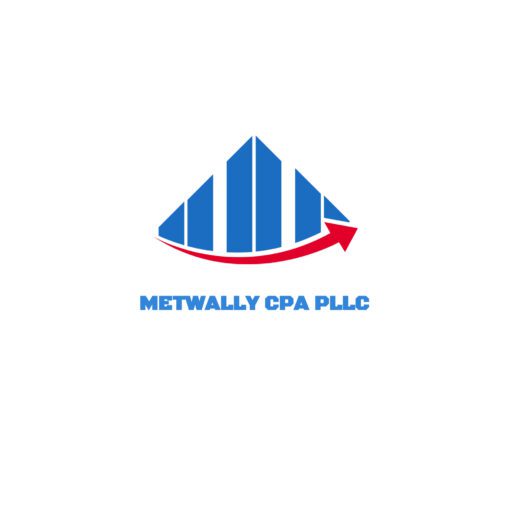
Why you need a financial statements audit?
The ultimate goal of all franchisors is to expand their franchise by selling franchises to the prospective franchisee. However, a franchisor must meet FTC requirements and provide annual Franchise Disclosure Documents (FDD) to sell franchises in the United States.
The FDD is a disclosure document that contains 23 items – which must be updated annually- highlighting information about a franchisor’s business. Under item 21 of the FDD, franchisors must provide audited financial statements showing the business’s financial health. Per the FTC rule, failure to meet the FDD requirements will attract strict sanctions. As a franchisor, you must conduct a regular financial statement audit and prepare for the FDD annual renewal.
What’s a Franchisor Financial Statement audit?
A franchisor’s audit is the process of appraising the financial records of a franchisor to identify bookkeeping errors, misstated financial records, or any indication of financial fraud. An unqualified or clean audit opinion from the independent auditor – mostly a CPA firm – indicates a healthy financial status for the franchisor.
Why does my Franchise need an Audit?
At the core, the franchisor audit helps a franchise business owner to remain compliant with the FTC-mandated annual FDD renewal. Failure to meet the FDD renewal deadline will place your business in a “dark period,” restricting you from offering your franchise for sale to the prospective franchisee.
In addition, a regular franchisor audit helps to get a snapshot of the financial health of the franchisor in preparation for a new fiscal year. With the complexity of the franchise network, a franchisor audit also provides a medium to identify discrepancies in the record-keeping activities of the franchisor accounts.
Lastly, an audited franchisor financial statement report is relevant to the success of a franchise sale.
Need help with your franchise auditing? Contact us at Metwallycpa to get your franchise audited and comply with generally accepted accounting standards


